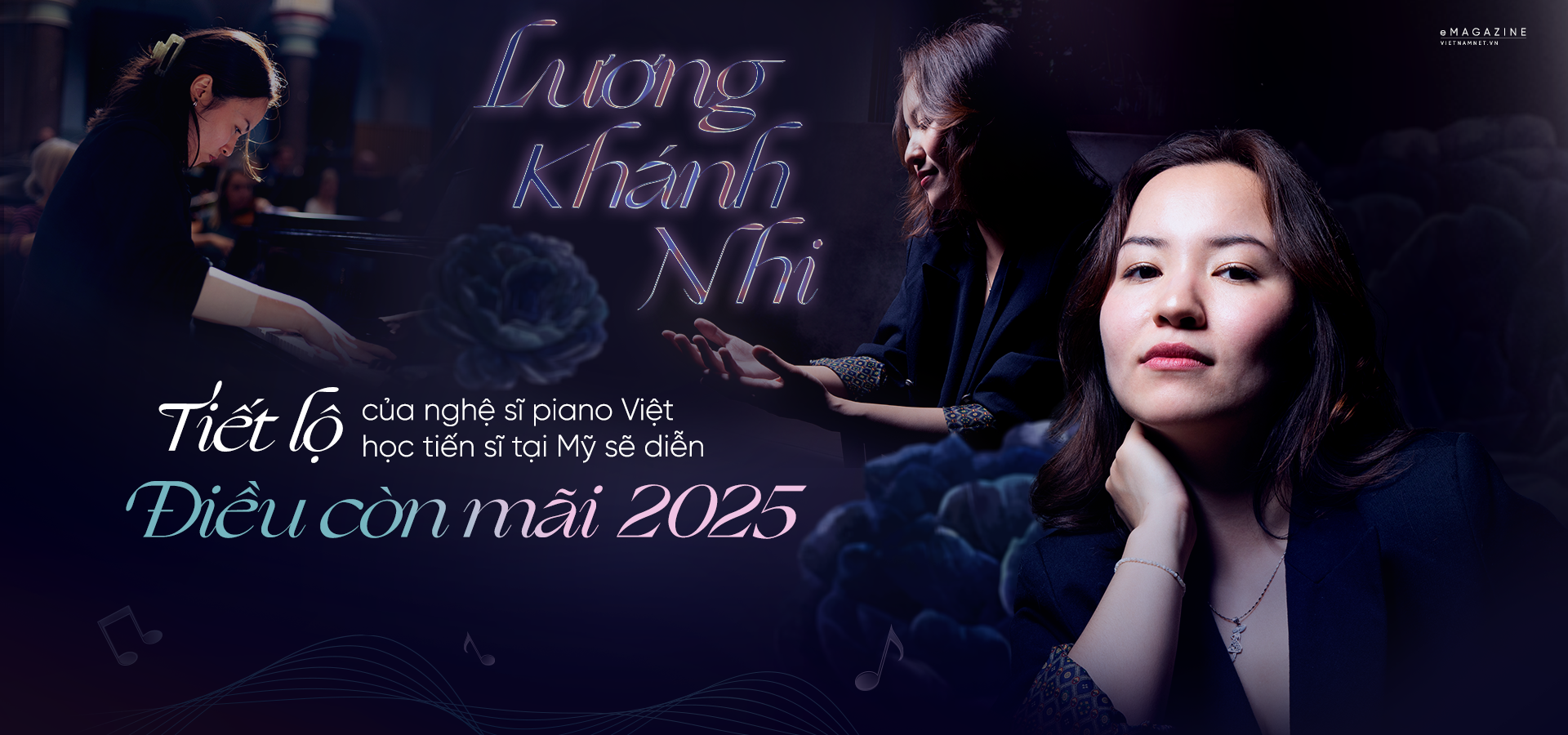
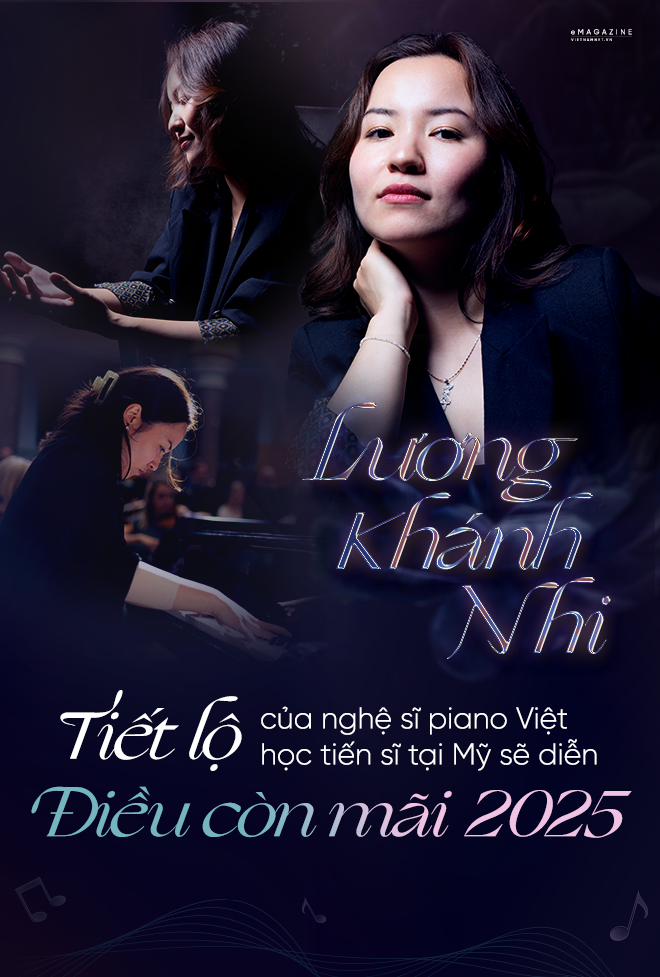

- How did you prepare for the performance of "Song Lo" with the Sun Symphony Orchestra at the National Concert "What remains forever 2025"?
This is a great honor for me. Song Lo is a symbol of Vietnamese music , history and national spirit. Bringing the work to the symphony stage is both a challenge and an opportunity to retell a familiar story in a new language - the resonance between piano and orchestra. I carefully studied the original, listened to different interpretations and discussed with conductor Olivier Ochanine to preserve the original emotion, while creating a new breath through the arrangement of musician Tran Manh Hung.
I am proud but also aware of my responsibility. Young artists must not only continue the tradition but also innovate and spread it more widely. Participating in What Remains Forever is an opportunity to learn, share and contribute to the flow of national music.
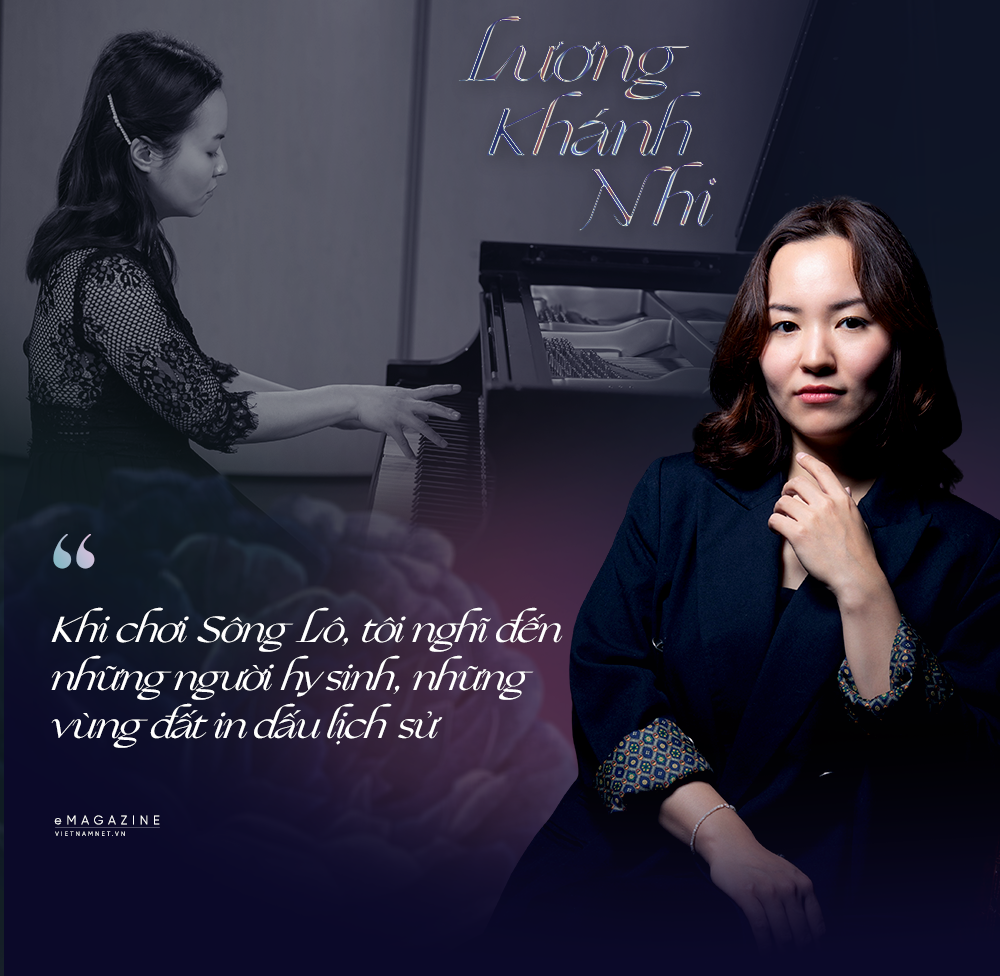
- How did you combine the technical precision with the emotional depth needed for "Song Lo"?
Although I was not born during the war, through music I feel the resilience, patriotism and pain of loss of an entire generation. When playing Song Lo , I think of those who sacrificed, the lands marked by history. I hope the audience will not only listen to the music but also relive the scene with a full range of emotions: pain, revival and hope.
With Song Lo, keeping the structure and tempo right is essential, but more importantly, creating the right breaths and resonances at the right times so that the lyrics in the music resonate authentically. I try to make the sound not only right but also powerful enough to touch the listener's heart.
- What experience did working with conductor Olivier Ochanine bring you?
Conductor Olivier is sensitive, subtle, always listening and creating a professional environment. I learned the balance between reason, emotion and sharp ears when collaborating with him.
A symphony orchestra needs a common spirit. When performing, I emphasize musical harmony. Each rehearsal is a dialogue, everyone puts aside their egos and focuses on the music.
- From learning piano at the age of 4 to a full scholarship to the Yong Siew Toh Conservatory of Music (Singapore), then a master's degree and currently studying for a PhD at the University of Michigan (USA). Are these important turning points for you in this international journey?
Each period in different countries - Vietnam, Austria, Singapore, America - shaped my own musical path and artistic style. In each place, I learned to look at music from a different perspective, to approach new traditions and ways of thinking. The challenges, especially living far from home, were not easy at first. But that is what made me strong, independent and mature, not only in music but also in life.
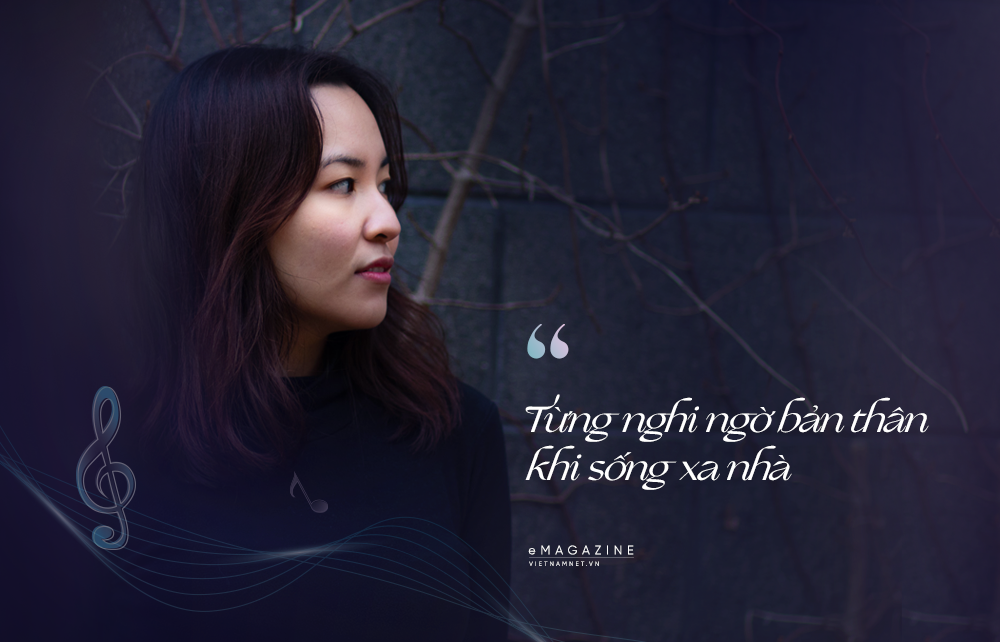
Luong Khanh Nhi plays solo:
- Can you share your journey to becoming a professional pianist? What difficulties and challenges did you face?
I was born into a musical family but the road was not easy. There were times when I doubted myself, especially when studying and competing abroad. Homesickness, pressure to prove myself and loneliness are things that many international students experience. But music has always kept me together and helped me grow.
- With experience performing in Europe, America and Asia, do you see any differences in the way audiences in different regions receive classical music?
Everywhere I go, I feel the warmth of the audience. Asia has many young people listening to classical music, I am very happy and hopeful for the new generation of audiences. Europe is mainly older people, who have been attached to classical music for a long time, listen attentively and analyze deeply. In the US, the audience is enthusiastic, likes to ask questions and interact directly. This difference is valuable because it shows that music is received in a variety of ways but creates a special connection between artists and listeners.
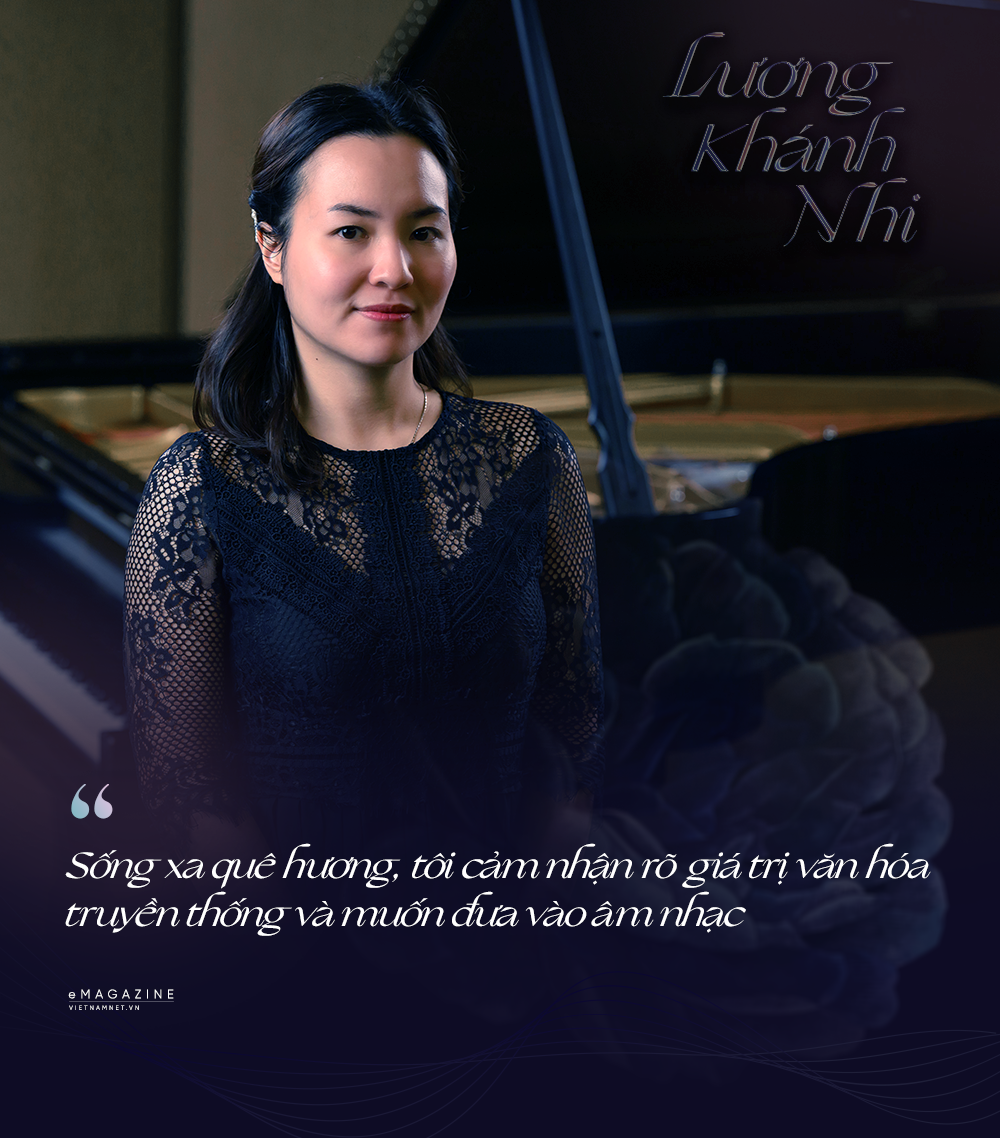
- Which Vietnamese composer or work has particularly inspired and influenced the way you interpret music?
I had the opportunity to perform works by musicians Dang Huu Phuc and Nguyen Huu Tuan. Their music evokes a unique Vietnamese sound space, both folk and modern. When I play these works, especially abroad, I feel like I am returning to my homeland and my childhood.
- Besides technique, what personal qualities or experiences do you bring to your performances to touch the hearts of the audience?
I aim for sincerity and focus completely on the deep meaning of each piece. I hope to be a bridge between the music and the audience, most successful when the audience is swept away by the flow of music and forgets my presence.
- How does your personal life and family relationships influence your music?
Just like composers put their life experiences into their works, as artists who perform those works, I am no exception. Experiences and everyday emotions create the personal mark of each artist. That is why, with the same work, each performer creates a unique emotional journey for the audience.
- "What remains forever" combines traditional and modern Vietnamese music. How do you think classical music, especially piano, will develop to attract young audiences?
Nowadays, many young artists participate in creative projects such as Schubert in a mug or exchanges between academic and popular art. The important thing is to create a space for young audiences to approach it naturally, without pressure. We need to make classical music accessible without losing its depth and value.
- Vietnamese classical music is developing but is still a field for the few. What do you think needs to be done to bring symphonic music closer to the public?
I believe in the power of education and communication. If children are exposed to classical music from an early age, and the programs are introduced in a friendly and engaging way, the public will gradually open up. In addition, there needs to be more projects connecting generations of artists, between audiences and the stage, between tradition and modernity.
- Have you ever faced skepticism when pursuing a career in Vietnamese classical music and what particular challenges have you encountered as a woman working in this field?
Every career has its challenges and obstacles. The most important thing is to believe in yourself, focus on human values and never stop learning. Be open-minded and open-eared to change yourself.
I am quite fortunate to live in modern times with equality. If there is a real challenge it is probably my small hands and bones. Many pieces require speed or a large range on the keys which makes it difficult and prone to injury for me.
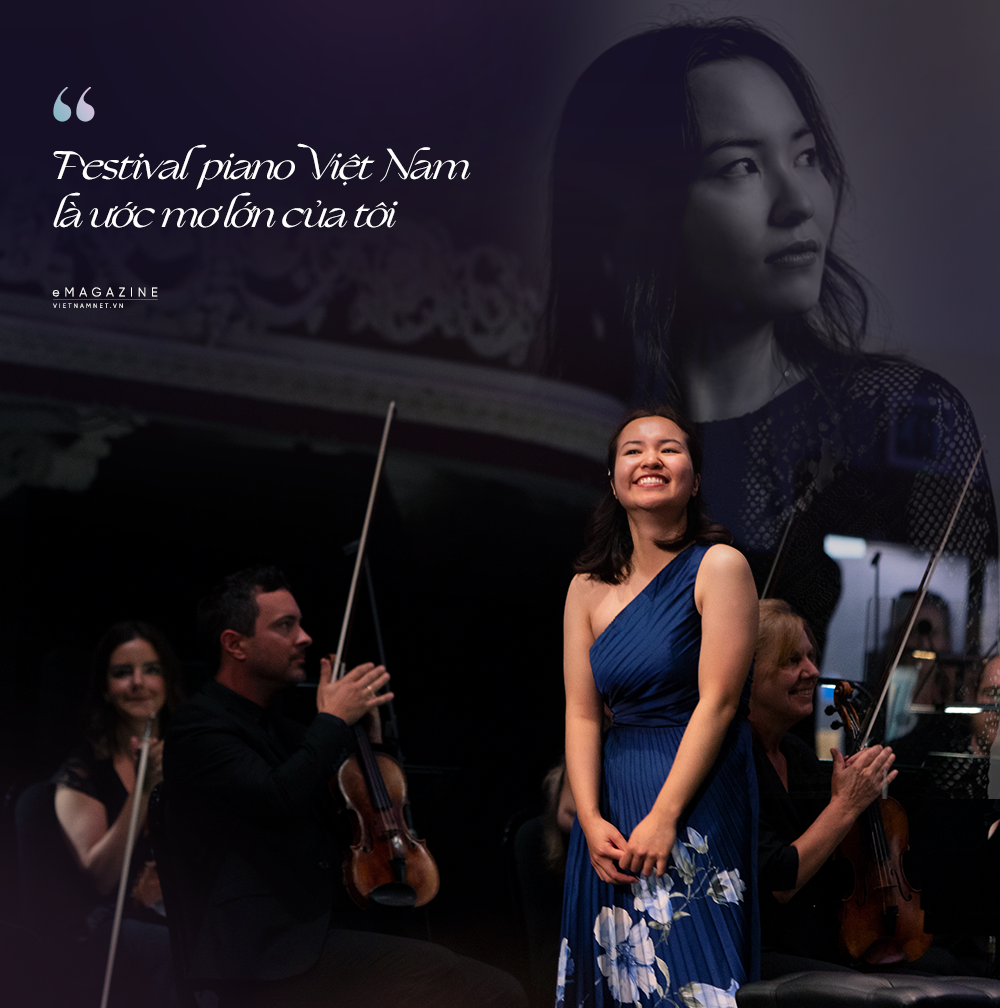
- Looking to the future, what are your dreams as a pianist and are there any specific works or collaborative projects you would like to explore ?
I hope to develop projects connecting Vietnamese music with international music, especially contemporary piano music. A festival specializing in Vietnamese piano is a big dream, where domestic and international audiences can come, feel and be proud of Vietnamese music.
Luong Khanh Nhi plays with the orchestra:
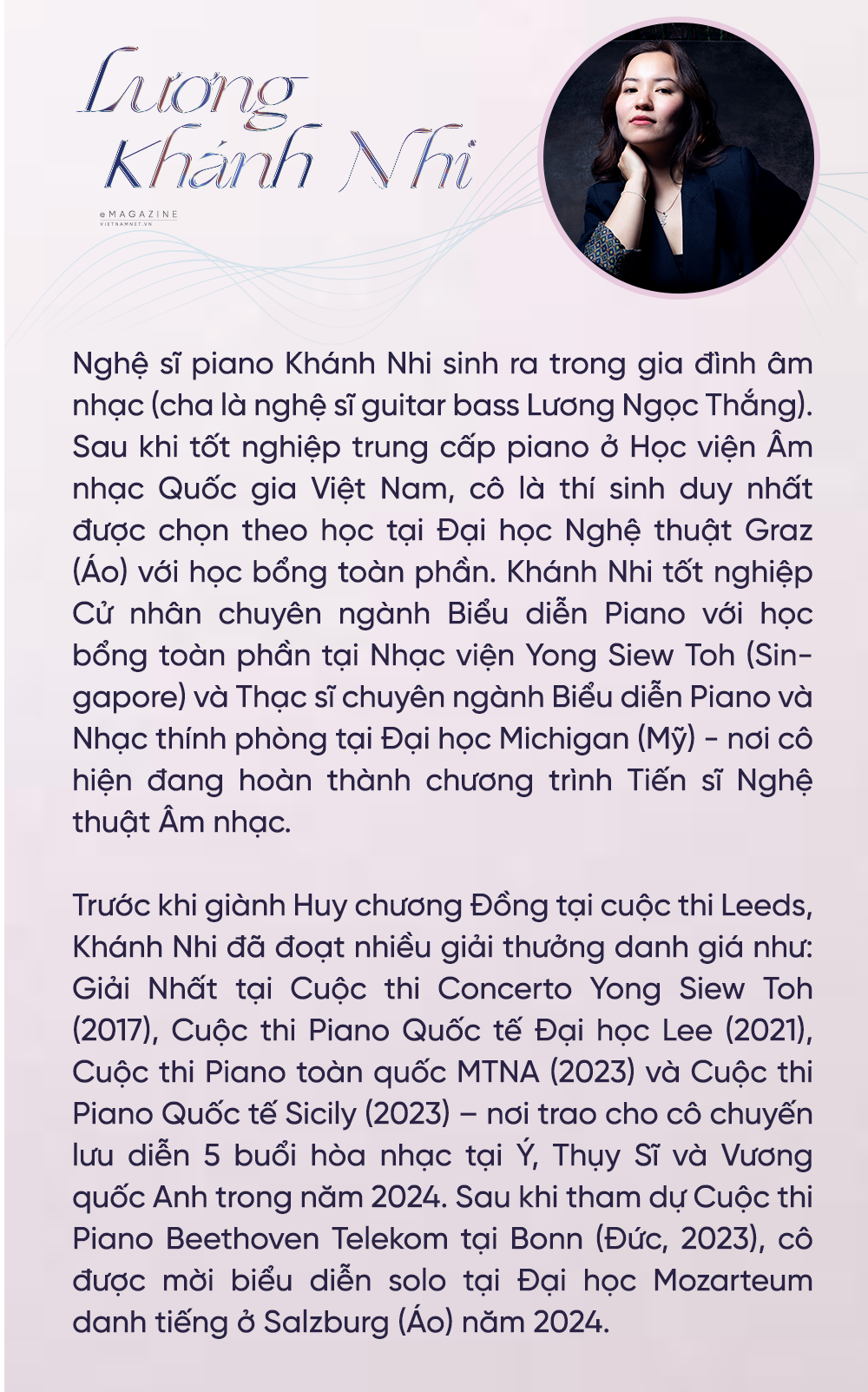
Design: Pham Luyen
Source: https://vietnamnet.vn/tiet-lo-cua-nghe-si-piano-viet-hoc-tien-si-tai-my-se-dien-dieu-con-mai-2025-2430709.html


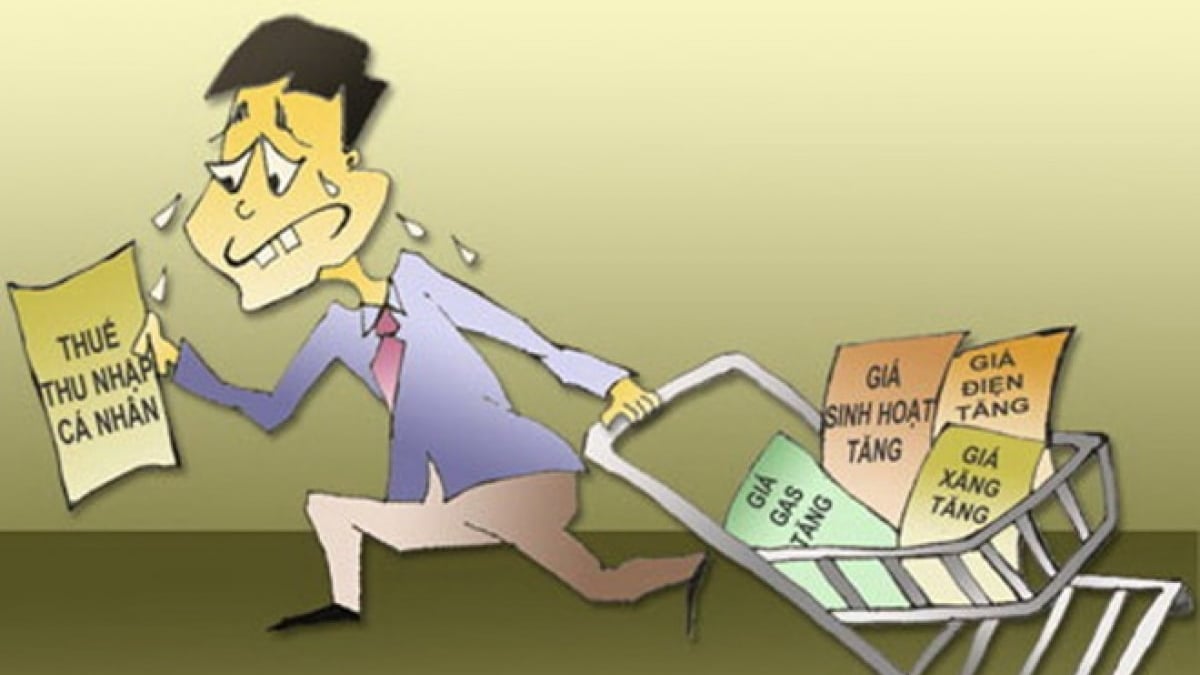
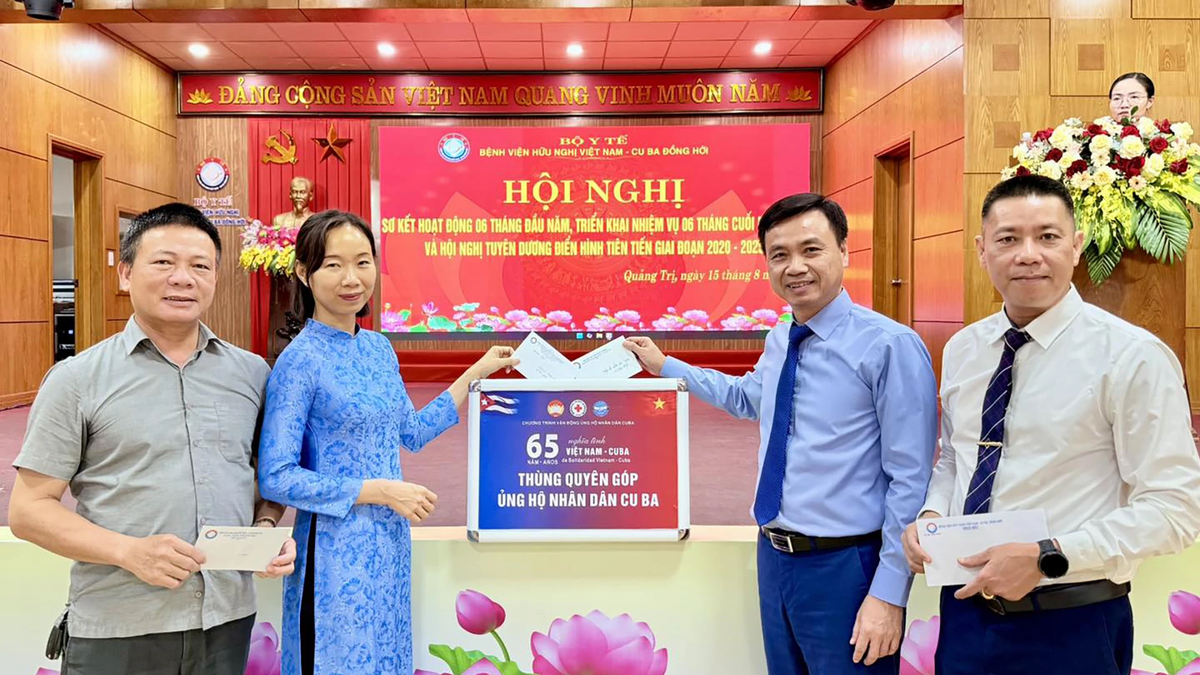
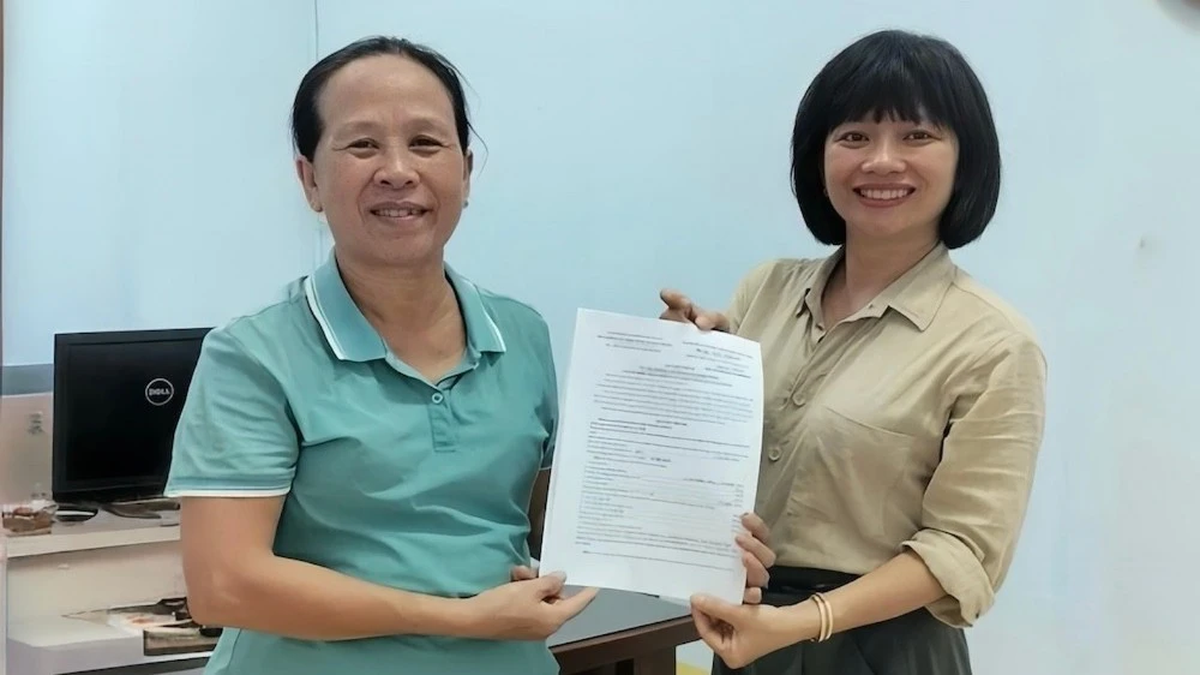
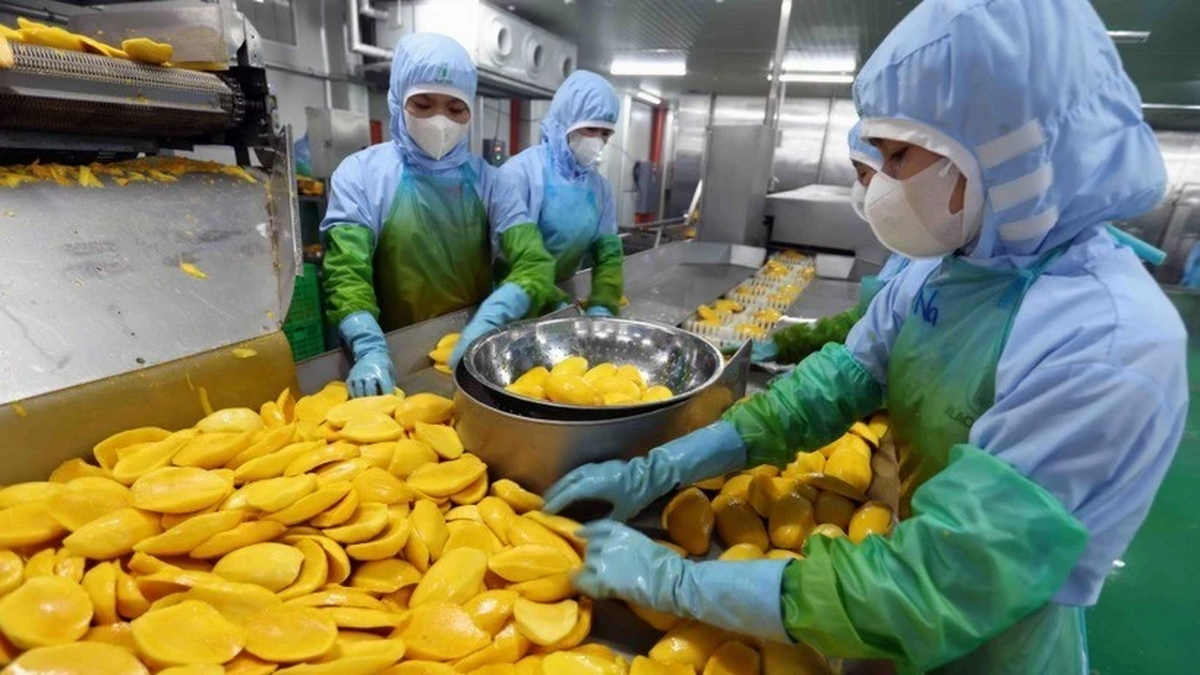
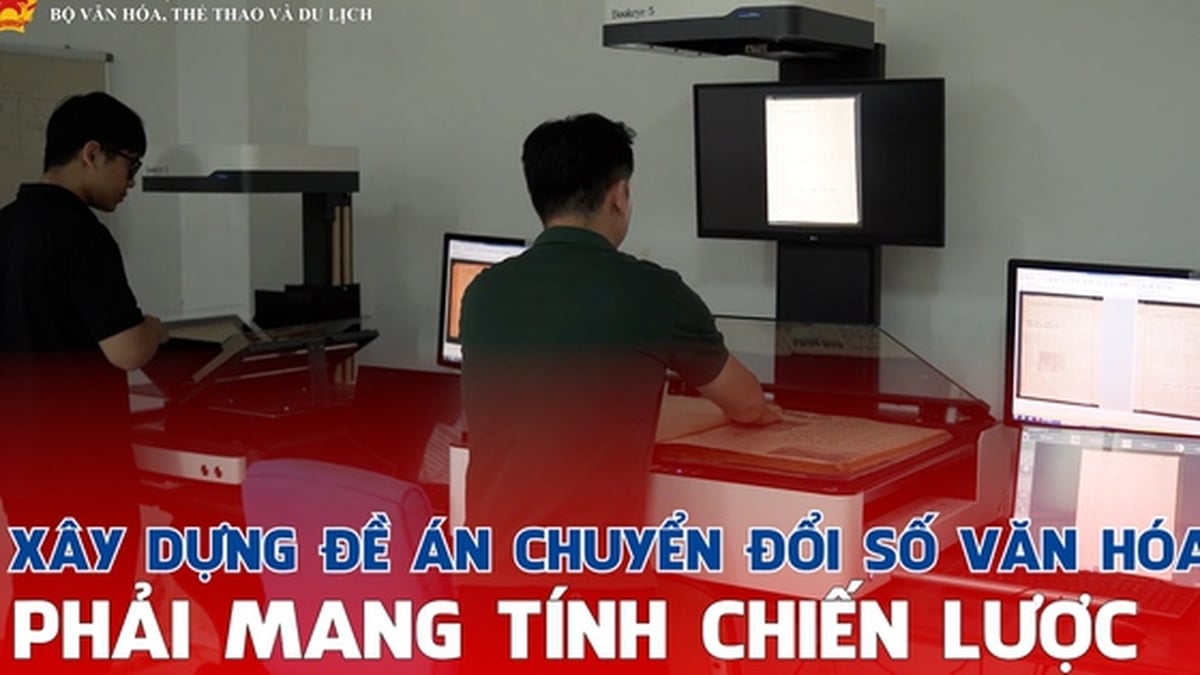

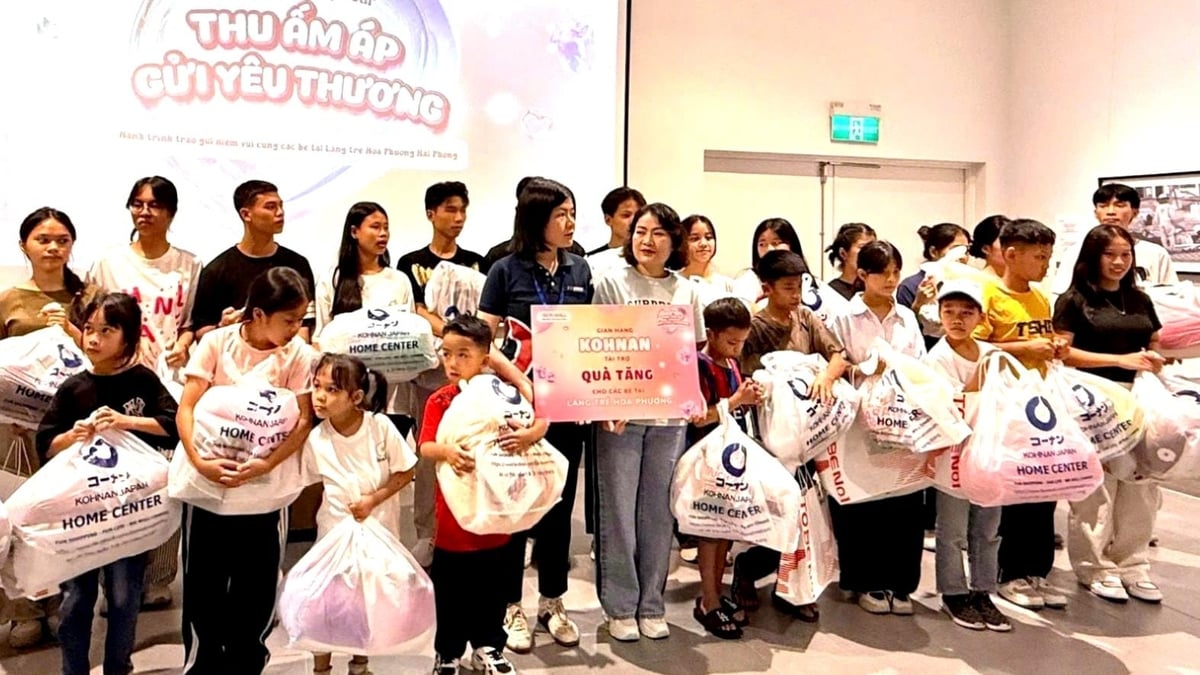

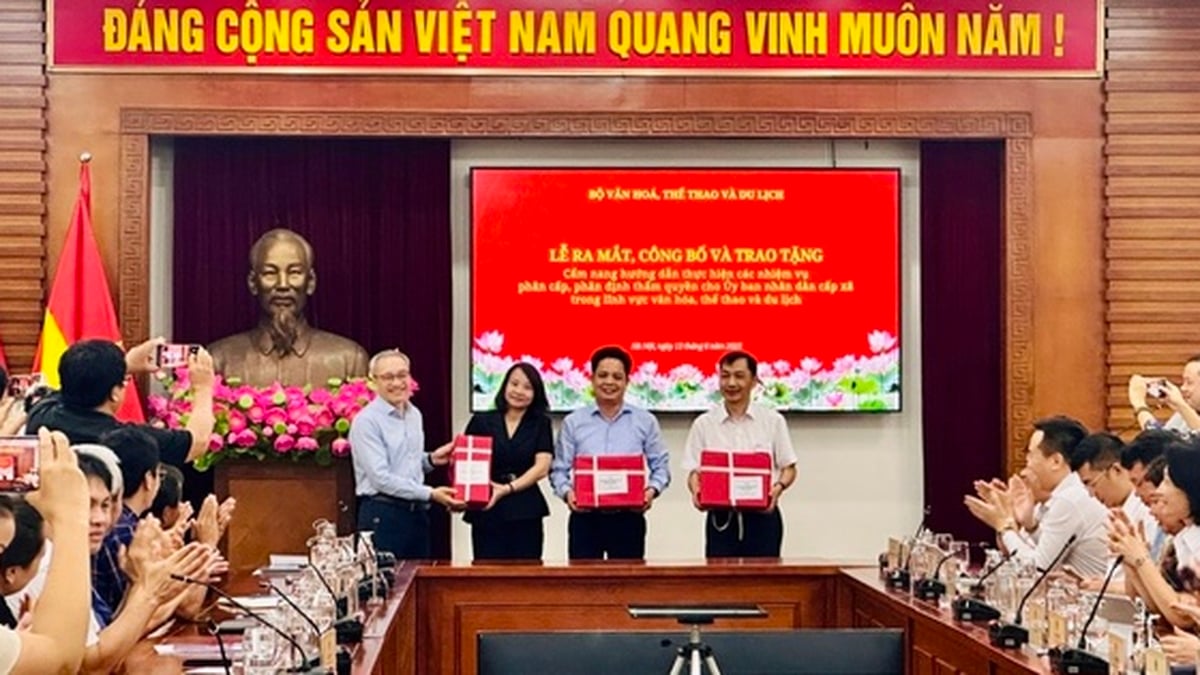











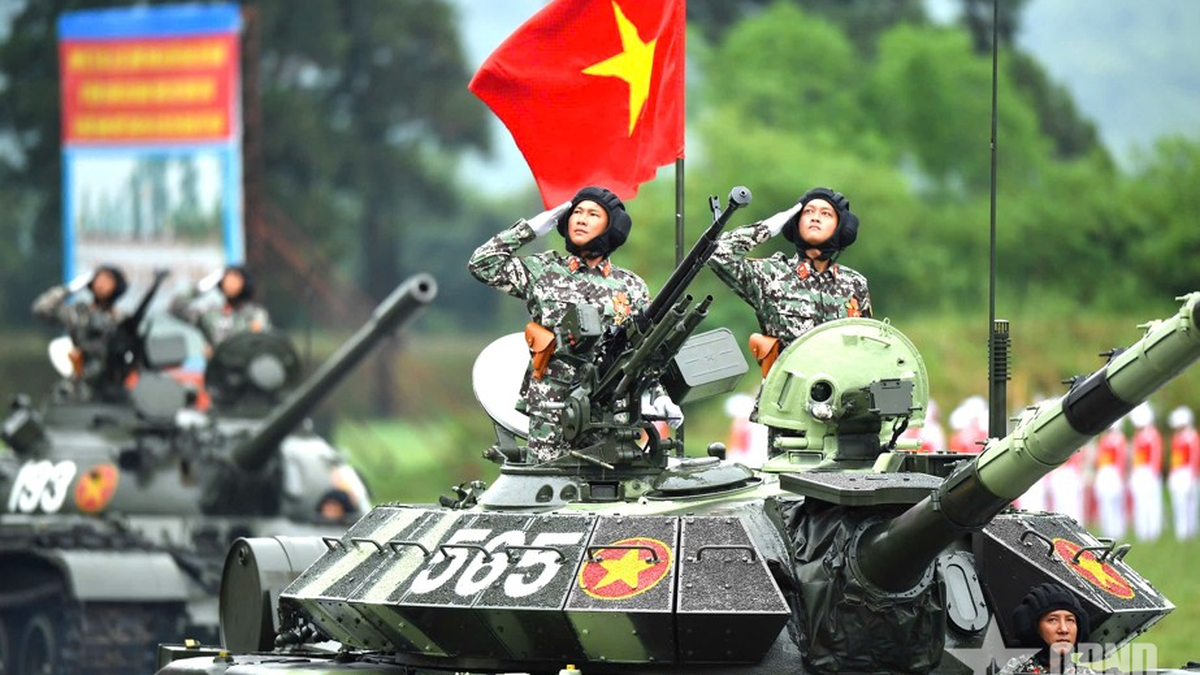
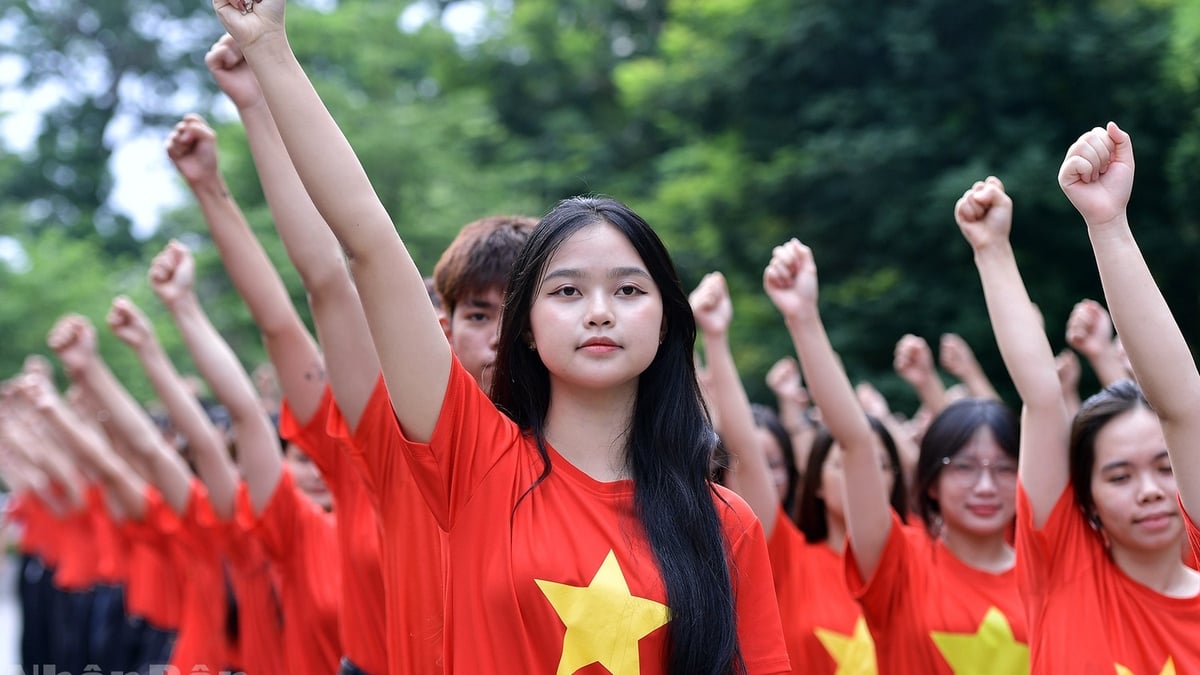
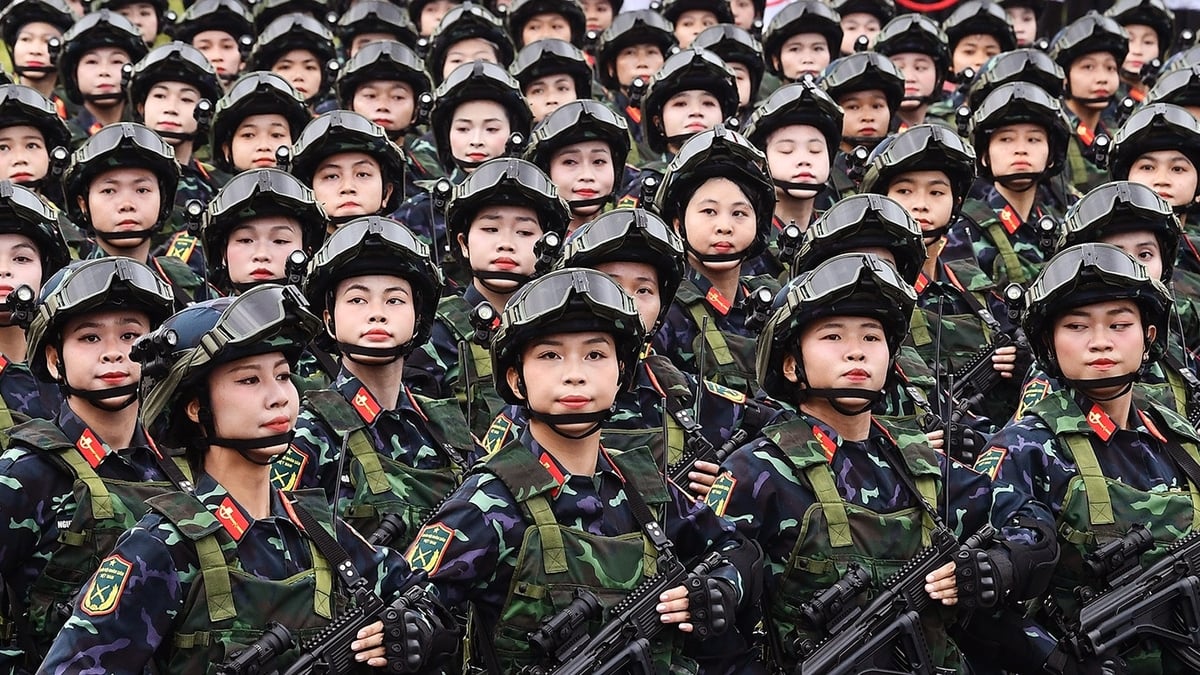
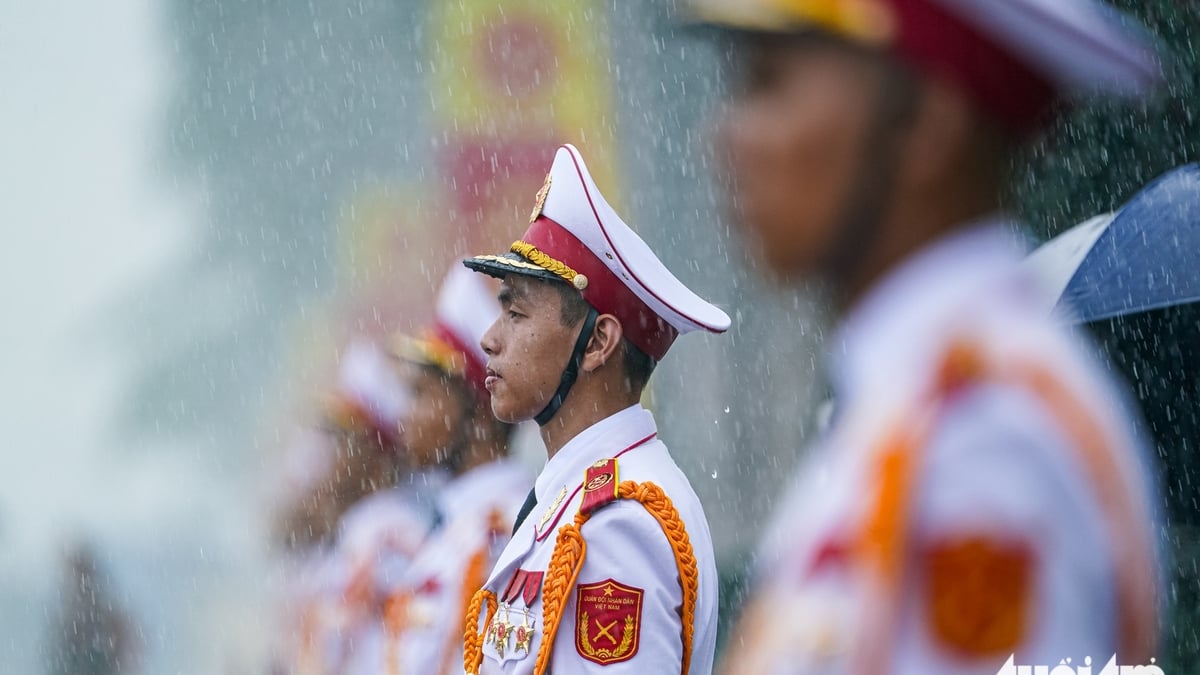
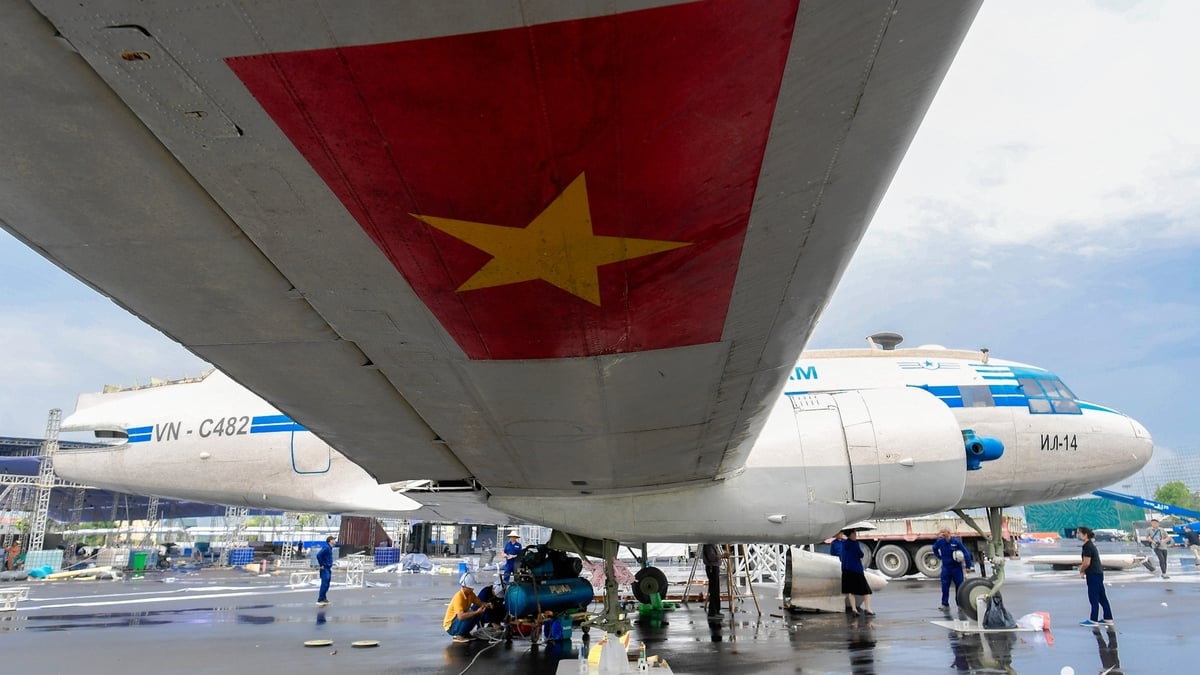
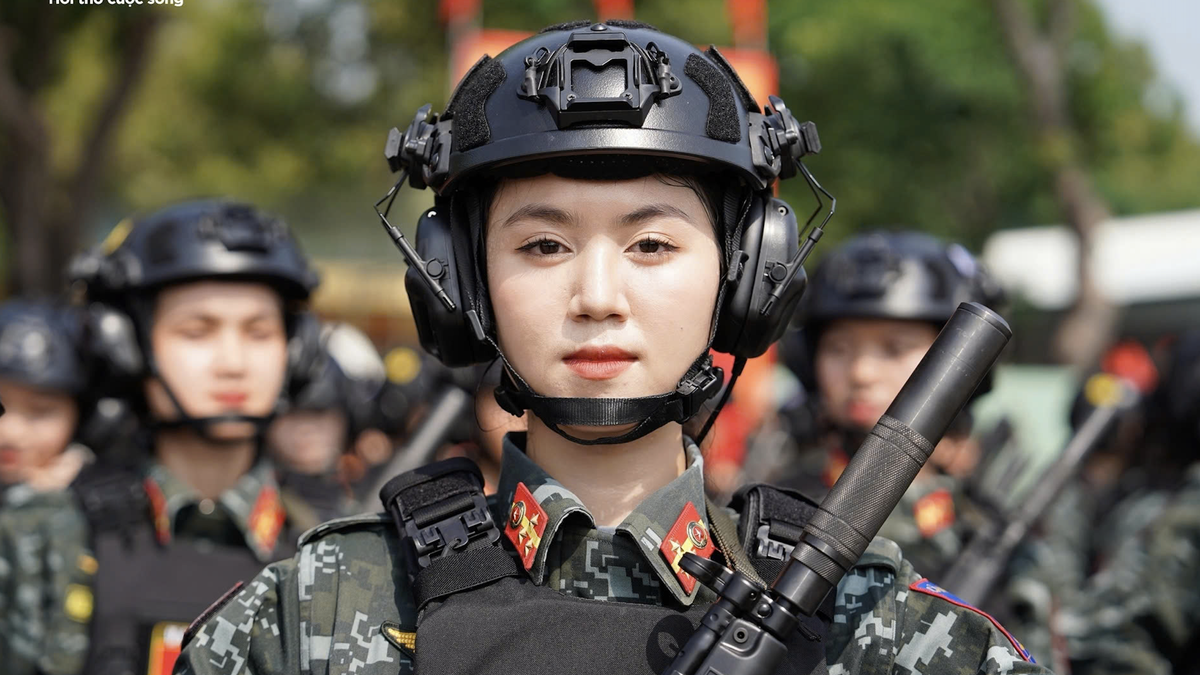
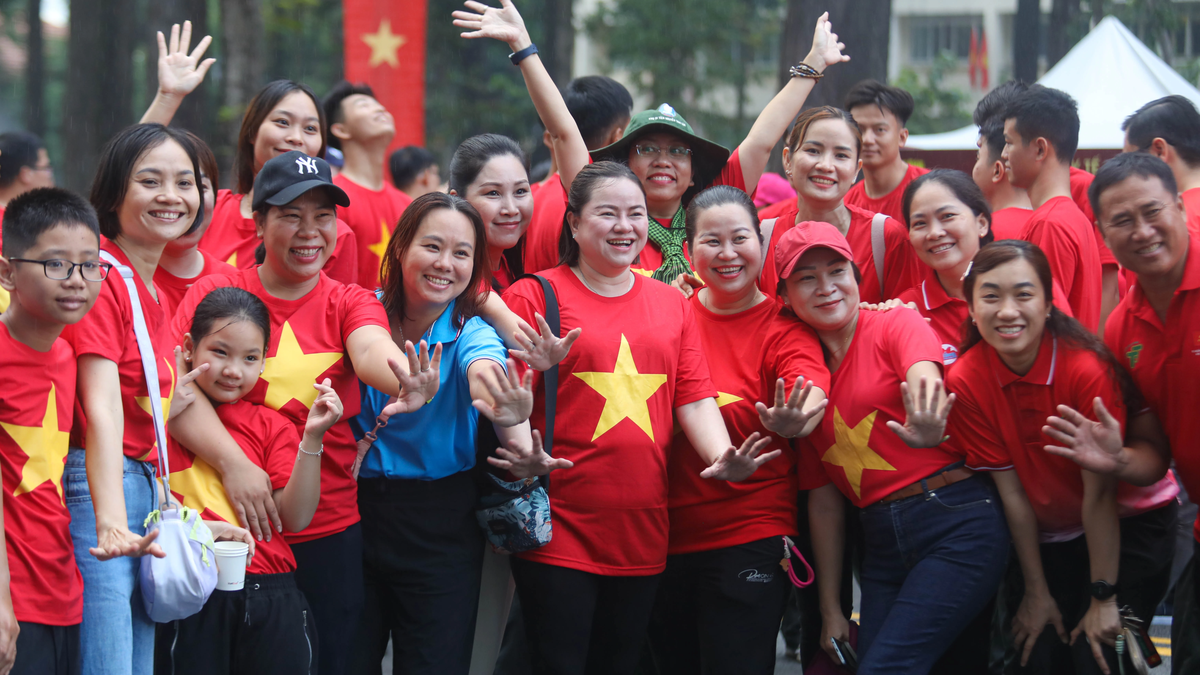

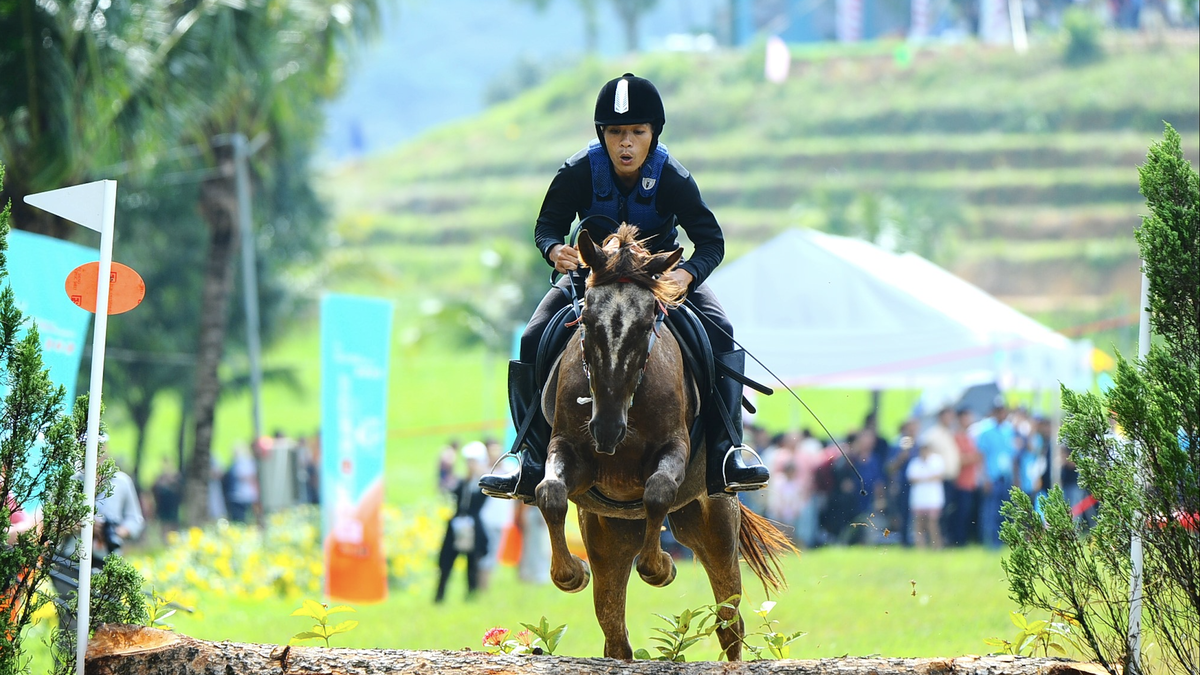

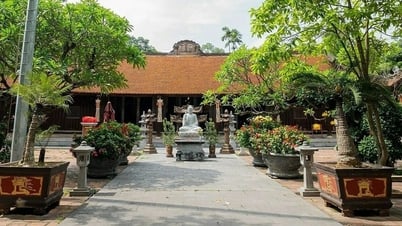



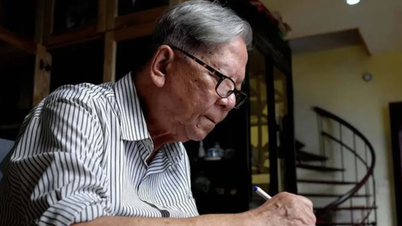

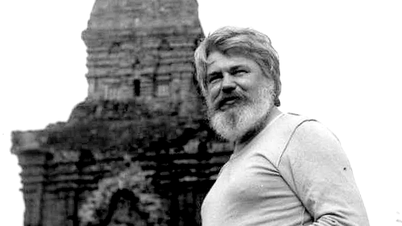

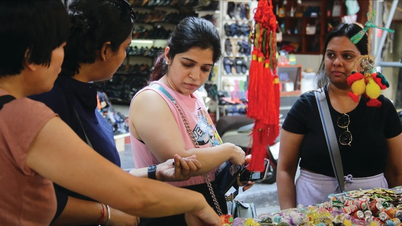

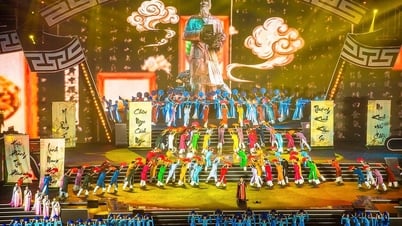

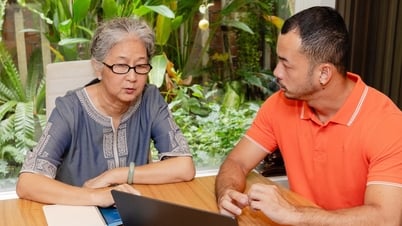
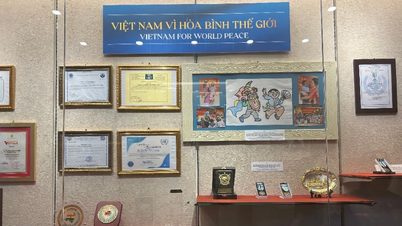

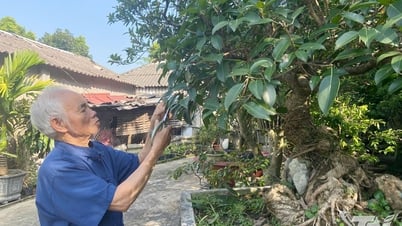

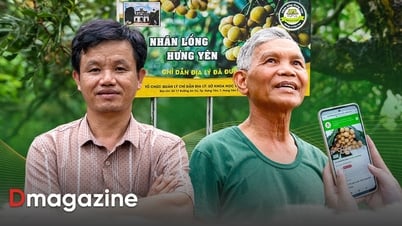

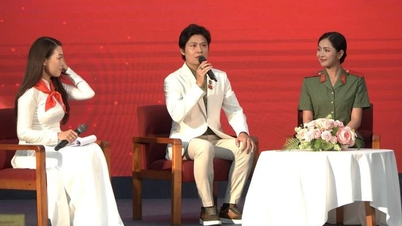

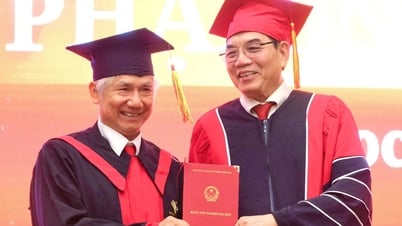
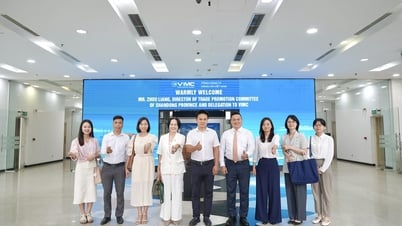

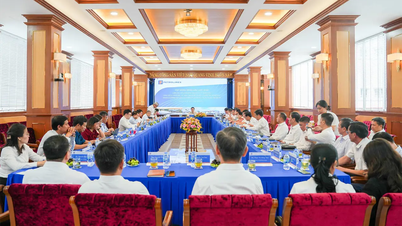

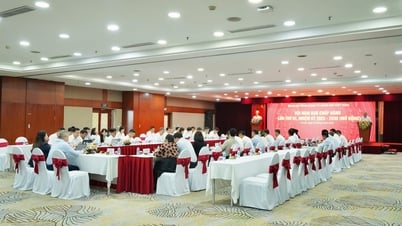


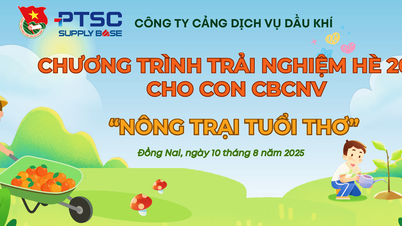
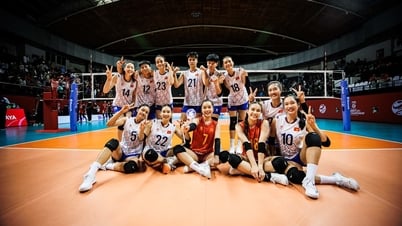
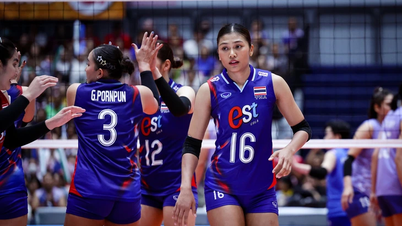


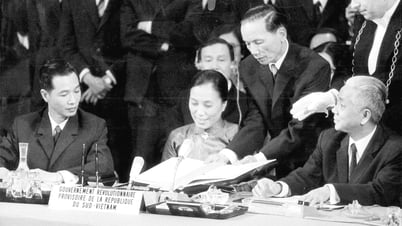
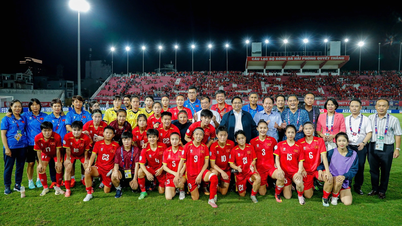



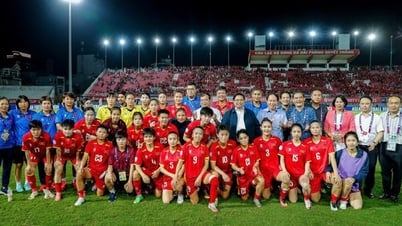

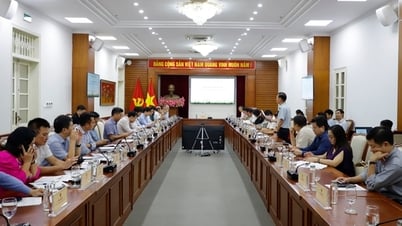
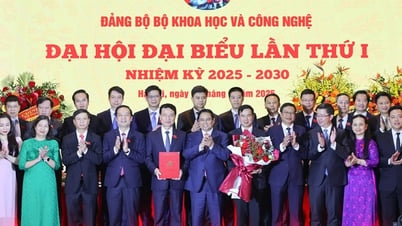

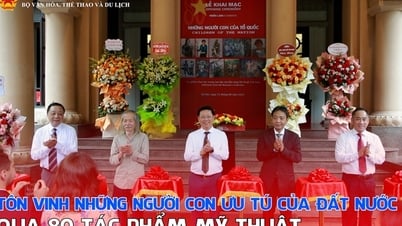






















Comment (0)